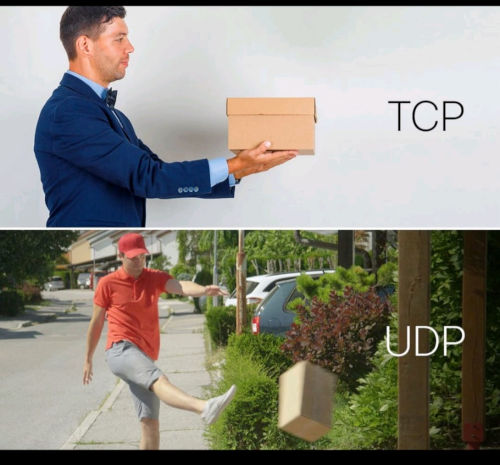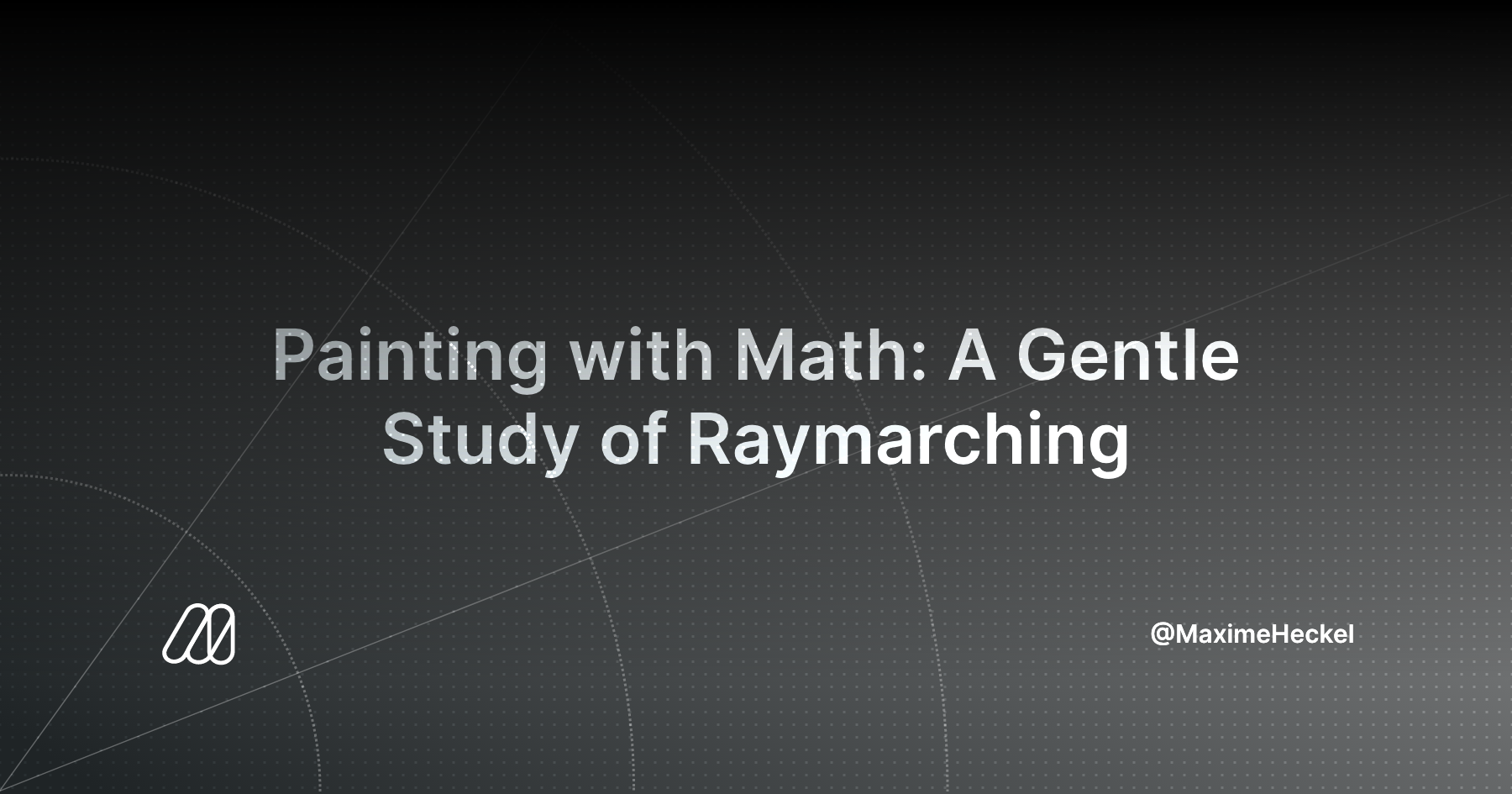High-Performance BitTorrent Tracker in Elixir: ExTracker
ExTracker is a high-performance BitTorrent tracker written in Elixir. It boasts low memory usage, zero configuration, and utilizes all available cores. Currently featuring HTTPS support and database backups, it offers three deployment methods: source code, pre-built releases, and a Docker image. A test instance is already running with live statistics, though the project is still a work in progress. Future plans include features like whitelisting/blacklisting, enhanced peer management, and GeoIP support.







